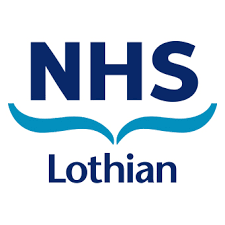- Initial diagnosis of infection in the community setting is based on symptoms and signs
- Samples should be taken to help direct therapy when results are available
- When treatment plans are unlikely to involve escalation in care, taking of blood cultures is not recommended
- Diagnosing and managing infections out-of-hospital may be less successful where some diagnostic or therapeutic options are not available
- If a patient has severe infection and admission to hospital is not thought appropriate then the initial assessment and discussion should include the appropriateness of antibiotic therapy and consideration for symptomatic care
- Advancing age is a risk factor for Clostridioides difficile infection (CDI) and use of any antibiotic will increase their risk of developing CDI
- This document aims to provide a safe treatment guide for patients in the community with frailty or multi-morbidity where admission can be prevented
- Oral antibiotic prescribing should be in line with the East Region Formulary
- If intravenous antibiotics are used they should be converted to oral as soon as possible; 24-48 hours after temperature has normalised and the patient is showing signs of improvement
- If the oral route is not available after 24-48 hours then consider if continuation of any antibiotic therapy is appropriate
- Patients discharged home from hospital on intravenous antibiotics for longer than four days must be referred to the Outpatient Parenteral Antibiotic Therapy (OPAT) service for shared care
- Patients with multiple or prolonged courses of antibiotics for a presumed infection, who are not improving, should be discussed with a Medicine of the Elderly (MoE) consultant working within the H@H service in the first instance. Subsequent options may include hospital admission and discussion with an infection specialist (Infectious diseases or Microbiology on-call) whether continuing antibiotics is appropriate
Risk factors for CDI include:
- Age >65 years old
- Recent (<12 weeks) or current antibiotic exposure, including Watch and Reserve antibiotics:
- cephalosporins
- co-amoxiclav
- ciprofloxacin and other fluoroquinolones
- clindamycin
- Recent admission to hospital/from a nursing home
- Previous CDI
- Frailty
- Serious underlying illness or immunosuppression (including chronic liver disease and transplants)
- Recent bowel surgery
- Use of proton pump inhibitors (PPI)/H2 antagonists (drugs which reduce the production of stomach acid)
